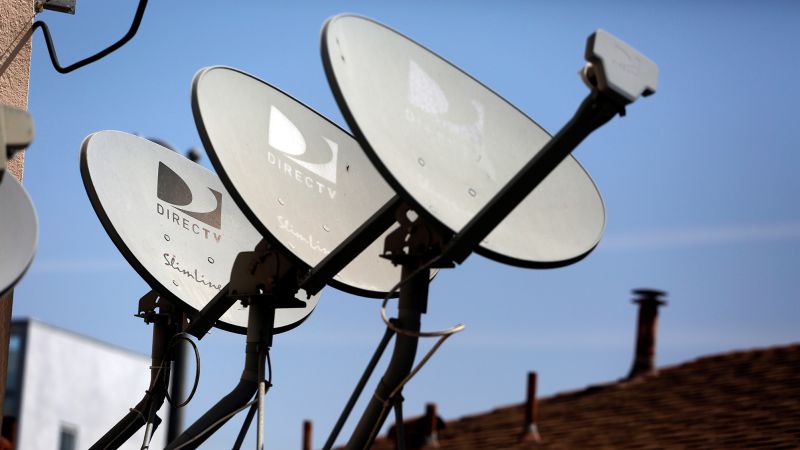Disney and DirecTV failed to reach a new distribution deal, resulting in ABC stations, ESPN, and other cable networks being pulled from DirecTV’s lineup. This left more than 11 million satellite subscribers without access to these networks as sports events such as college football, the US Open tennis tournament, and the NFL season opener were getting underway. DirecTV criticized Disney for not being accountable to consumers or distribution partners and accused them of prioritizing profits over consumers’ ability to select desired shows at a reasonable price.
The standoff between Disney and DirecTV led to other networks, such as FX, National Geographic, and Freeform, also going dark on the service. Disney offered DirecTV a sports-centric package that included ESPN networks and ABC sports broadcasts, along with some of Disney’s linear channels and direct-to-consumer services. Disney emphasized that their rates were in line with other providers and reflected the value of their entertainment portfolio. However, DirecTV claimed that Disney had sought unreasonable discounts and demanded that the carrier waive all future legal claims of anti-competitive behavior to reach an agreement.
The collapse of negotiations between Disney and DirecTV comes amidst a trend in the industry towards skinnier and more flexible bundles from programmers that could result in more affordable options for consumers. The stalemate is part of a larger shift in the media industry towards streaming services, bypassing traditional cable and satellite distribution. Disney, Warner Bros. Discovery, Paramount, and others are increasingly focusing on their own digital services for airing premium shows, alienating an increasing number of cable and satellite subscribers.
Disney previously renewed a distribution deal with Charter last year, avoiding a blackout of Monday Night Football after Charter demanded greater flexibility in bundles and access to Disney’s streaming services. Legacy media companies have been transitioning away from traditional cable bundles towards streaming services as more consumers cut the cord each year. A federal judge recently blocked the launch of a joint streaming venture involving Disney, Warner Bros. Discovery, and Fox Corporation after a lawsuit alleged anticompetitive behavior in cornering the sports streaming market.
This dispute between Disney and DirecTV highlights the challenges traditional media companies face as they navigate the changing landscape of the industry. Consumers are increasingly frustrated with having to pay for multiple streaming services to access the content they want as media companies shift towards direct-to-consumer models. As more consumers opt for streaming services over cable and satellite, companies like Disney are looking to protect their content and maximize profits in a rapidly evolving media landscape.


